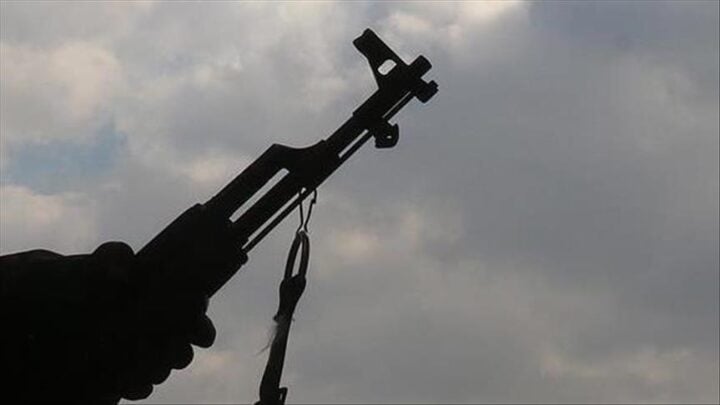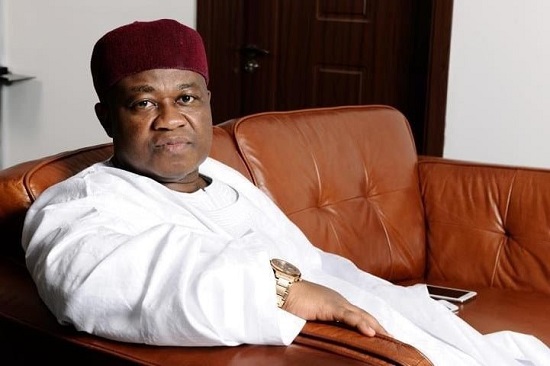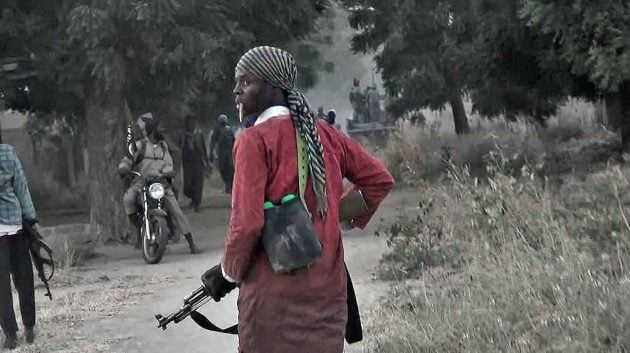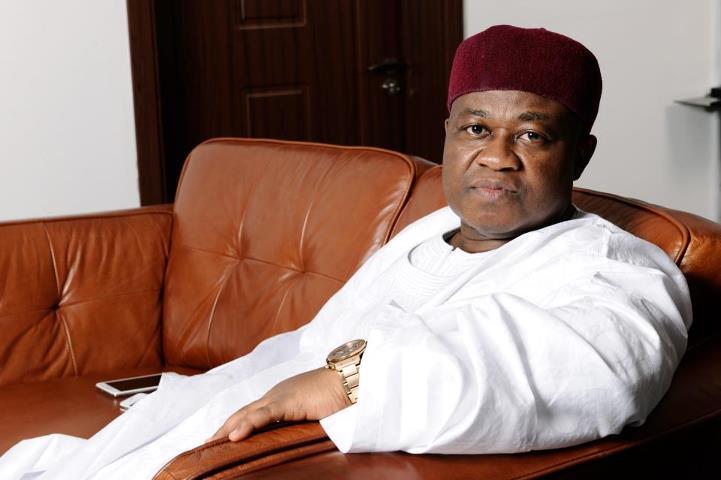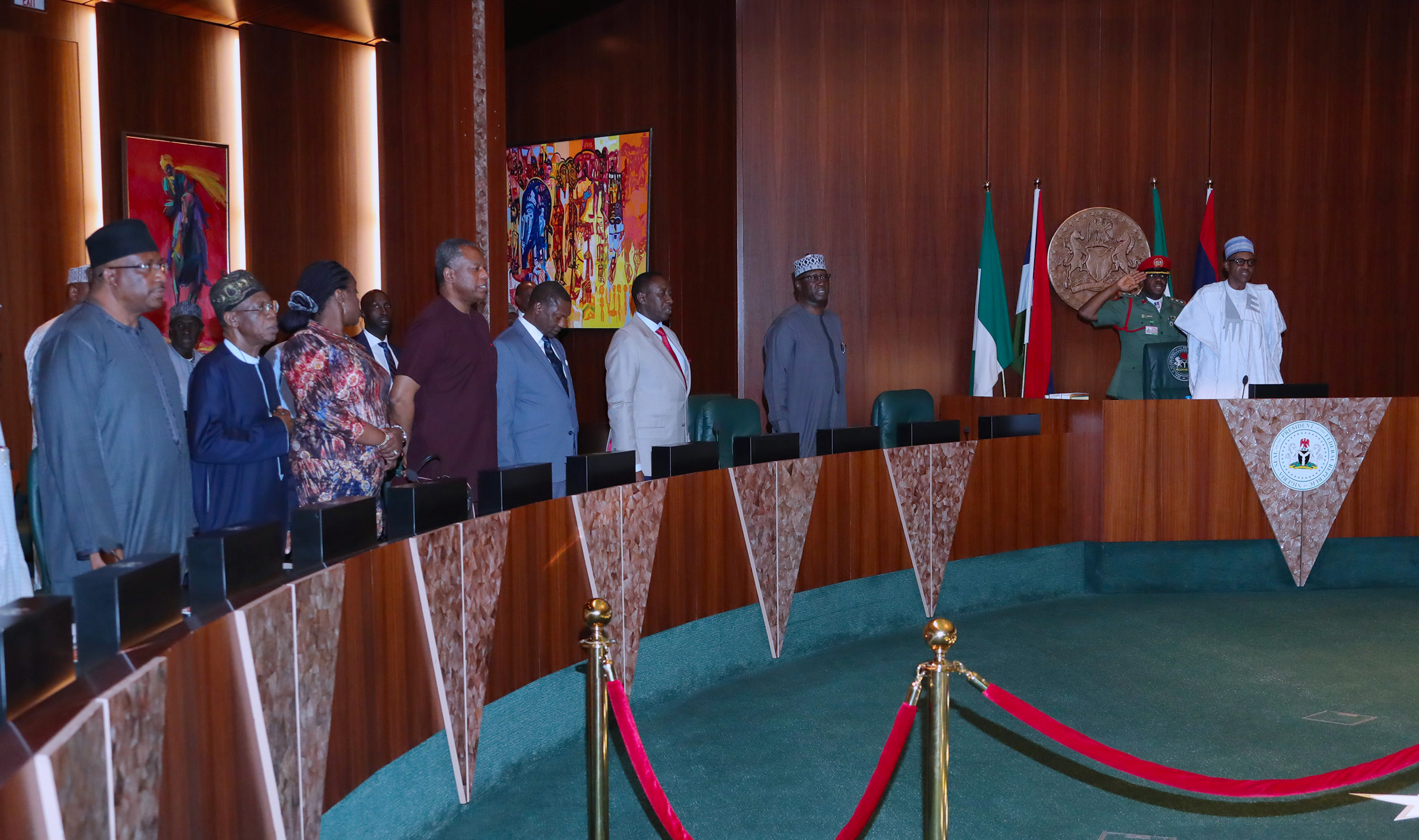Insecurity has challenged Nigeria, her economic development and leadership like never seen in the recent history of the country apart from the civil war. In truth, everything seems to be on a standstill. Our leaders need help and a change of direction.
Insecurity in Nigeria seems to have defied every plausible solution. The people are groaning under the yoke of anxiety, and there seems to be no listening ears nor solutions in the horizon. Hopelessness permeates the land, and everything seems to be failing. Our strength and courage are deserting us.
About three weeks ago, about 110 Nigerians were said to have been killed by Boko Haram terrorists in Borno State. According to reports, the terrorists attacked farmers working in rice fields in the Garin Kwashebe village of the state. The assailants tied up the farmers and slit the throats of the victims who were among labourers from Sokoto State that had travelled to neighbouring Borno State to find work. Slitting the throats is so demeaning that it almost seems that the lives of victims are not even worth a bullet. An attempt at visualising the incident leaves one with a mental scar.
The Kwashebe killings were the latest in an orgy of killings that have engulfed the North Eastern part of Nigeria in recent times. Boko Haram and its splinter faction, Islamic State West Africa Province (ISWAP), have continued to attack civilians, humanitarian, and military targets this year, reportedly killing at least 363 civilians between January and September. It is increasingly difficult to protect civilians, even in government-controlled areas. In June, three rocket-propelled explosives fired from outside Maiduguri killed four and injured three others in the city, an area previously considered relatively safe due to heavy army presence.
Advertisement
As the country was still reeling from the shock of the Kwashebe slaughter came the news that more than 300 schoolboys were kidnapped after attackers on motorcycles stormed the all-boys Government Science School in Kankara, Katsina State. The hoodlums engaged security forces in a fierce gun battle, forcing hundreds of students to flee and hide in the surrounding forest.
Days later, with the boys still missing, a video said to be from Boko Haram was released, showing some of the abducted students. In the video, filmed in a forest, gunmen with their faces covered stand guard over boys, some of whom look no older than 10.
One child issued demand on behalf of the group, under duress. Nigeria and Nigerians are in fear. Some people started hashtag #BringBackOurBoys on social media, which brings back the sad memories of #BringBackOurGirls hashtag created over the abduction of 276 female students from a Secondary School in the town of Chibok in Borno State by Boko Haram terrorists on the night of 14–15 April 2014. Up to date, about 112 of those girls are still missing.
Advertisement
It is instructive that if the claims of responsibility for the kidnapping of the schoolboys by Boko Haram turned out to be accurate, it would be the first time that such kind of mass abduction would take place outside the North-Eastern part of the country. It would mean that Boko Haram has finally expanded the frontiers of their terror, meaning that no part of the country could be considered safe from the bloodthirsty group.
It was with an enormous sense of relief that most Nigerians welcomed the safe release of the kidnapped boys last Thursday. Also, heart-warming is the assertion by security agencies that Boko Haram terrorists were not involved in the kidnap, that they only capitalised on the ugly circumstances to promote their propaganda of terror.
Whatever it is that happened in Kankara, the reality is that the country is in the throes of acute insecurity. National security is the foundation for a country’s economic growth and development. It is only in an atmosphere of peace that any meaningful economic development can take place, and foreign investors can be attracted.
Additionally, the security of lives and properties helps local investors freely operate the economy in an atmosphere devoid of tensions and apprehensions. The summary is that safety is the pillar upon which every meaningful development is achieved and sustained.
Advertisement
The country has witnessed grave security challenges in recent times in the form of armed robbery, militancy, kidnapping, abduction and bombings . Since the terrorist group, Boko Haram came on the scene in 2002, the insecurity situation in Nigeria seemed to have assumed higher and more complex dimension. Apart from the frequency and intensity of deadly attacks and carnages, insecurity situation in Nigeria cuts across cities, towns and villages that there is hardly anywhere to run to for cover. Lives and properties are not safe for urban dwellers as well as for the rural dwellers. People live in grave fear and apprehension almost every day.
One of the causes of insecurity in Nigeria is poverty. There is a direct link between the level of poverty and crime and insecurity in every society because the more people are unable to find something to eat, there is a great tendency that they would resort to crime and criminality, leading to security challenges. Then there is corruption. It breeds inequality and disenchantment, and it usually threatens the security and wellbeing of the populace. Other societal malaise like electoral fraud, illiteracy and unemployment all contribute to the porous security situation we have in our country today.
It is a known fact that insecurity is a worldwide phenomenon. Different countries of the world have different kinds of security challenges. The problem with Nigeria, however, is that we do not have effective means of tackling our security challenges. People are being abducted, maimed and killed every day and the populace is burdened on a daily basis with psychological and emotional trauma resulting from gory sights of lifeless and mutilated bodies of loved family members, close associates and colleagues caught in the web of acute insecurity. This kind of situation makes it difficult for the economy to thrive. It is evident that there is a relationship between insecurity on the one hand and economic and social malaise on the other .
One of the responsibilities of government is the provision of security for the citizenry, which means freedom from danger of threats to public safety. It also means the ability of the state to protect and promote its cherished values and legitimate interests and enhancement of the wellbeing of its people. The populace should be protected from both internal and external aggression. Currently, the country does not face any credible foreign threat of invasion, so our problem is majorly internal security.
Advertisement
When the government provides security for her citizenry, there exists and persists freedom from or the absence of those tendencies which could undermine internal cohesion and the corporate existence of the nation and its ability to maintain its vital institutions for the promotion of its core values and socio-political and economic objectives as well as meet the legitimate aspirations of the citizenry. It implies freedom from danger to life and property and the presence of conducive atmosphere for the people to pursue fair means of livelihood.
In essence, internal security suggests freedom from threats and the ability of the government to create and sustain an atmosphere conducive for the pursuit of economic interest by the population without interruptions from anybody. And in the event of a threat, it includes the ability of the government to quickly intervene to minimise the impact on the citizenry. Furthermore, it also provides for the capacity of the government to create and maintain agencies and mechanisms as well as institutions that would guarantee freedom from danger. Therefore, the threat to life and property be it from the armed robbers, Boko Haram attack, civil disturbances, roadblocks that endangered the road users and other distractions are symptomatic of lack of internal security.
Advertisement
There have been strident calls for President Muhammadu Buhari to sack the Service Chiefs, who in the view of many Nigerians have grossly underperformed. Most Nigerians believe that the security situation of the country has grossly deteriorated under the watch of the current security heads and the first step towards addressing the country’s poor security situation is to show those at the head of security agencies the back door.
Though in times of institutional failures, someone or some people need to take political responsibility and pay the political price, it is wishful thinking to believe that our security challenges would suddenly disappear with the exit of the service chiefs. Nigerians must collectively come together and jointly find a solution to these challenging security situations that has put all of us on edge. Government has a role to play in facilitating this national engagement . It is time to forget politics, ethnic divides, and ideological and religious grandstanding to seek solutions to this scourge that has held us captive.
Advertisement
Nigeria needs exceptional leadership at this point. Leadership during quiet and prosperous times is essential, but it does not bring out the best in us. It is at a time of national crisis like the one we have at hand that exceptional leadership stands out. It is at such a time that you will know leaders that have three of the essential qualities of true leaders – ability to listen and understand the pains of the people you lead, empathy and willingness to accept that you do not have all the answers.
In our country today, these qualities seem to be lacking or have evaporated. If leaders at all levels are listening, they would have heard the loud groaning of Nigerians. The economy is failing them, insecurity is threatening them, and hope is evaporating. Most Nigerians feel their government is insensitive to their pains.
Advertisement
A lot of goodwill has been lost, but there is still time for our leaders to take a holistic view of the current situation and come out with solutions to address the urgent security needs of Nigerians. Failure to do this would only drive the country deeper into social, economic, and political ruin and may take the country towards an irreversible path of disintegration.
Views expressed by contributors are strictly personal and not of TheCable.
Add a comment

